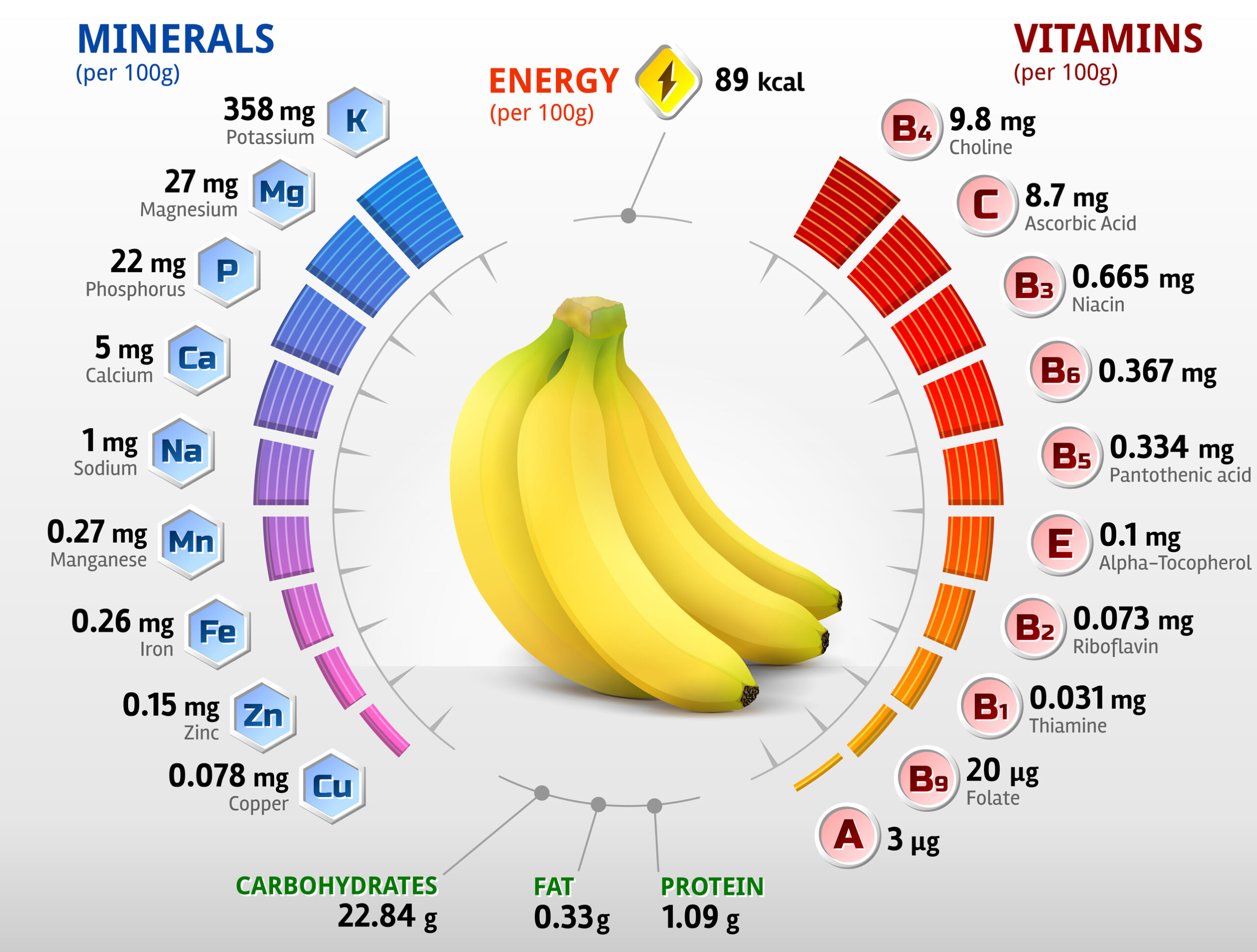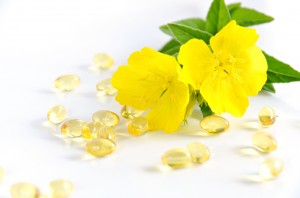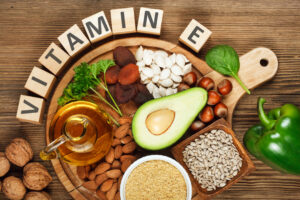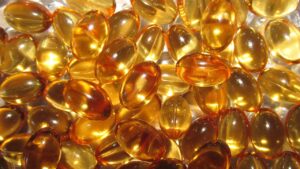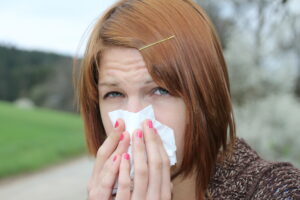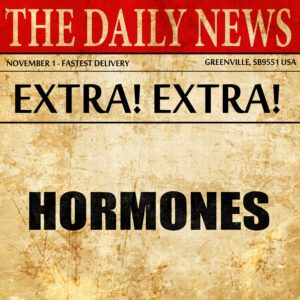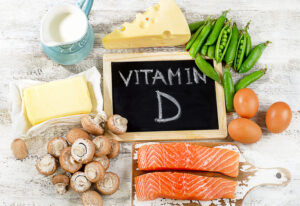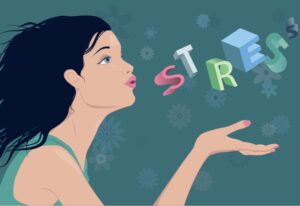This article is for anyone who experiences arthritis pain in their hands.
One great exercise to do is to alternately stretch the fingers out and then make them into a fist. Done a few times a day, this can do wonders for easing and relieving arthritis pain.
Some other good tips for managing hand arthritis and reducing pain would be to do some regular gentle physical exercise such as taking walks or swimming, getting a good night’s sleep each night, and taking fish oil supplements, ginger, or MSM to reduce inflammation and soreness.
Ginger for Arthritis
Arthritis causes pain, swelling, and reduced motion in the joints. It can occur in any joint, but usually it affects the hands, knees, hips or spine.
A recent study published in the journal “Arthritis” found that a standardized ginger extract is as effective as the anti-inflammatory drug betamethasone for all types of arthritis, but without the many side effects the drug is known for (fluid accumulation, nausea, adrenal gland suppression, insomnia and depression).
Studies on MSM for Arthritis
Sulfur-containing supplements such as MSM hold great promise for people with joint-cartilage problems. It has been shown in studies to remedy arthritis and provide relief. Sulfur is particularly concentrated in the joints, nails, skin, hair and connective tissues.
MSM sulfur is a white, water-soluble element found in nature and in foods such as milk, fresh fruits, vegetables, seafood and meat. Food processing methods like heating, washing and freezing all deplete MSM in foods, making regular replenishment beneficial.
In one study of MSM, University of California School of Medicine professor Ronald Lawrence, M.D., followed 16 patients with degenerative arthritis – a form of joint disease. The patients who took MSM daily for six weeks reported an 80 percent reduction in pain. Dr. Lawrence has also conducted studies showing that MSM increases hair growth and brilliance, as well as nail thickness and length.
This health information on hand exercises for arthritis and natural arthritis remedies is brought to you by Nutrition Breakthroughs.
Nutrition Breakthroughs provides the effective natural sleep aid Sleep Minerals II and the natural solution for joint relief, pain relief and increased energy which contains pure MSM, Joints and More.
Additional resource: 9 exercises for hand arthritis from the Arthritis Foundation: https://www.arthritis.org/health-wellness/healthy-living/physical-activity/other-activities/9-exercises-to-help-hand-arthritis
Hand exercises can ease and relieve arthritis pain. These movements can also be of assistance with wrist soreness and carpal tunnel syndrome, which is a condition that causes numbness, pain or tingling in the hand or arm due to a nerve in the wrist being compressed.
Some good tips for managing arthritis and reducing pain would be to do some regular gentle physical exercise such as taking walks or swimming, getting a good night’s sleep each night, and taking fish oil supplements, ginger or MSM to reduce inflammation and soreness.


